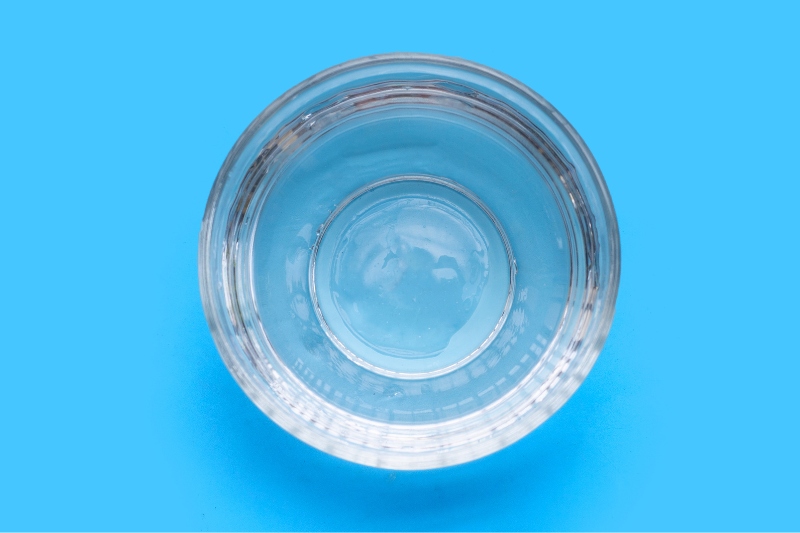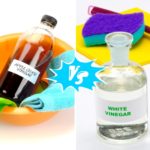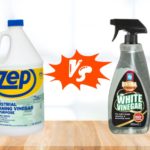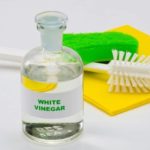Distilled, white, spirit, wine; there are many types of vinegar available in the shops. The tricky part is knowing what the difference is between each variety, and therefore, what they can be used for.
Two types of vinegar that you will see mentioned a lot are ‘white’ and ‘spirit’ vinegar. They even seem to be used interchangeably, leading many people to wonder if spirit vinegar is the same as white vinegar.
Read on to find out what the difference between white and spirit vinegar is and what they can be used for.
Are White Vinegar and Spirit Vinegar the Same Thing?
There is no difference between distilled white vinegar and spirit vinegar as these are two names for the same type of vinegar.
If these terms often seem to be used interchangeably, that’s because they both refer to the same type of vinegar that has been through a specific manufacturing process.
How Is Spirit Vinegar Made?

This type of vinegar is made by fermenting sugars to make ethanol, which is achieved by adding yeast to simple sugars. Once the ethanol is produced, acetic acid bacteria is added to produce acetic acid.
Water is added to the final product and makes up around 90-95% of the contents of vinegar.
The acetic acid content in spirit vinegar is usually around 5-20% which is higher than other varieties of vinegar.
Can You Consume Spirit Vinegar?
It is safe to consume spirit vinegar in small quantities. However, it’s best to avoid consuming a large quantity all at once due to its high acid content.
The high acidity can cause enamel erosion, acid reflux and general irritation to the gut. That said, it’s completely safe to add a couple of drops to a sauce or to use in food preservation.
What Is Spirit Vinegar Used For?
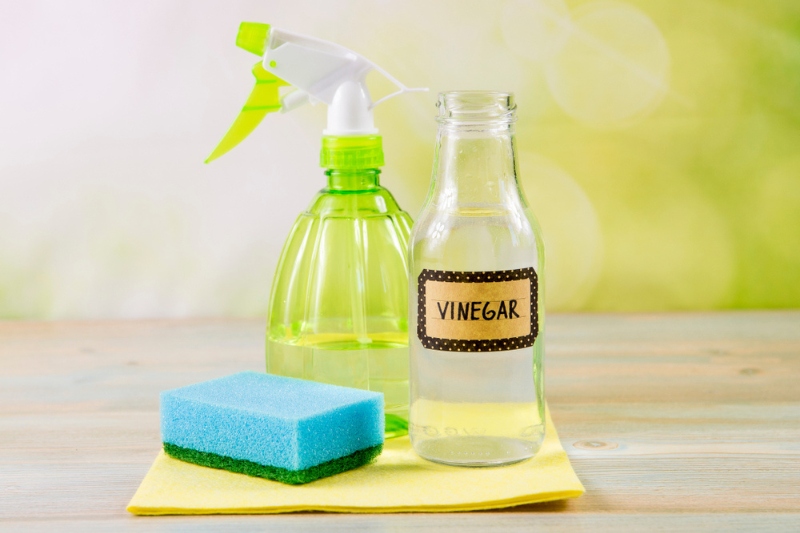
As mentioned earlier, spirit vinegar is often used in pickling. Fruit and vegetables can be preserved for a long period by pickling them with vinegar.
Vinegar can also be used in the place of yeast to make bread rise and can be used as an alternative to lemon in recipes which call for an acidic flavour.
One of its more popular uses is cleaning. The high acid content makes it efficient in breaking up dirt and grease.
It can be used for general cleaning, but also to tackle more specific issues such as limescale build up and polishing metal or glass.
As people become more environmentally conscious, vinegar is a popular choice of cleaning product because it’s natural and doesn’t contain any harmful chemicals.
Plus, it can be used on most surfaces and messes which makes it a perfect all-purpose cleaner.
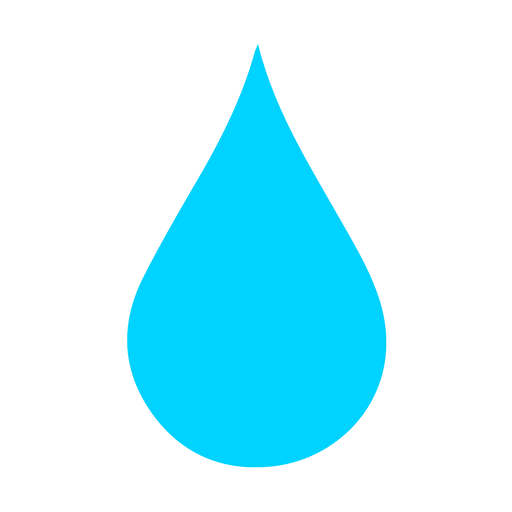
In The Wash is your guide to the best laundry and cleaning products, tips and tricks. Our mission is to solve the UK’s cleaning and laundry dilemmas!
